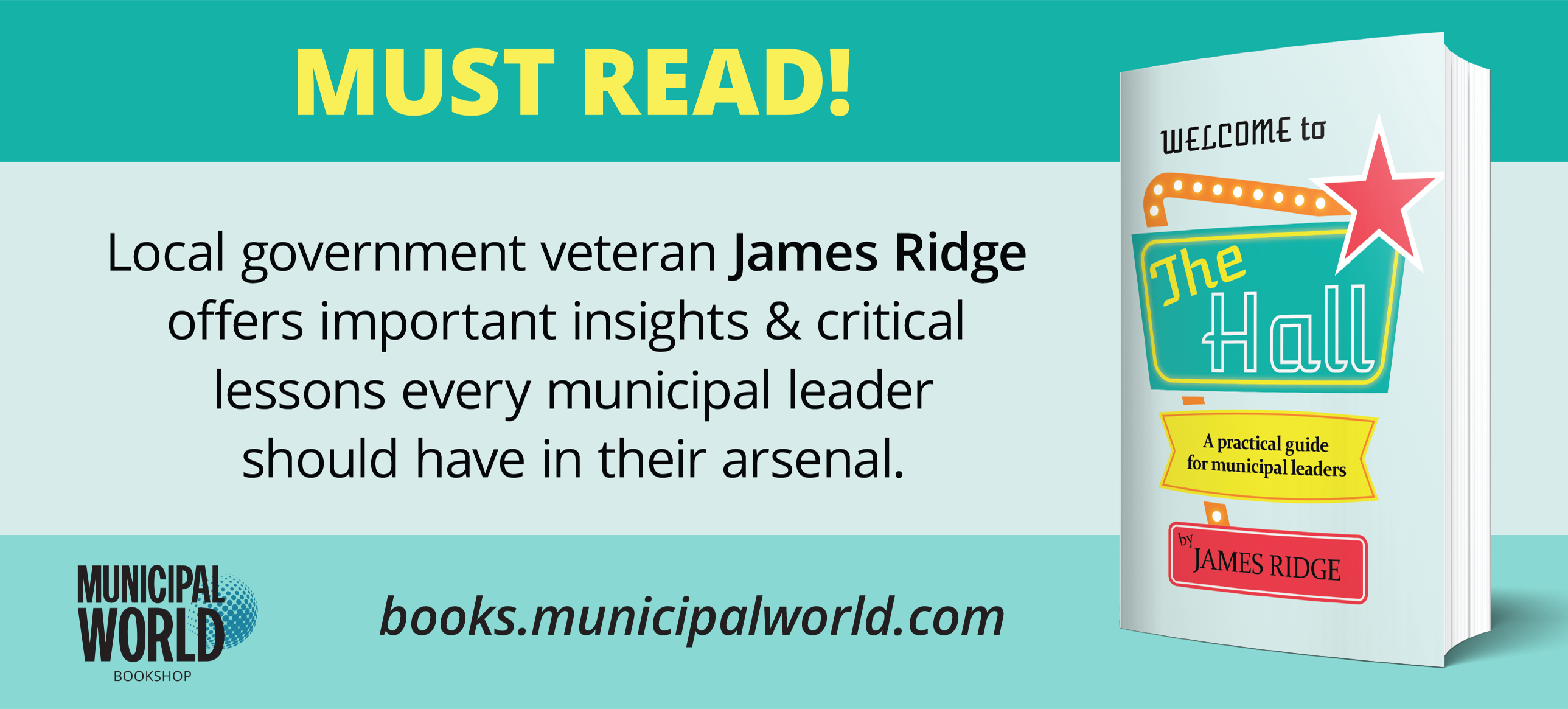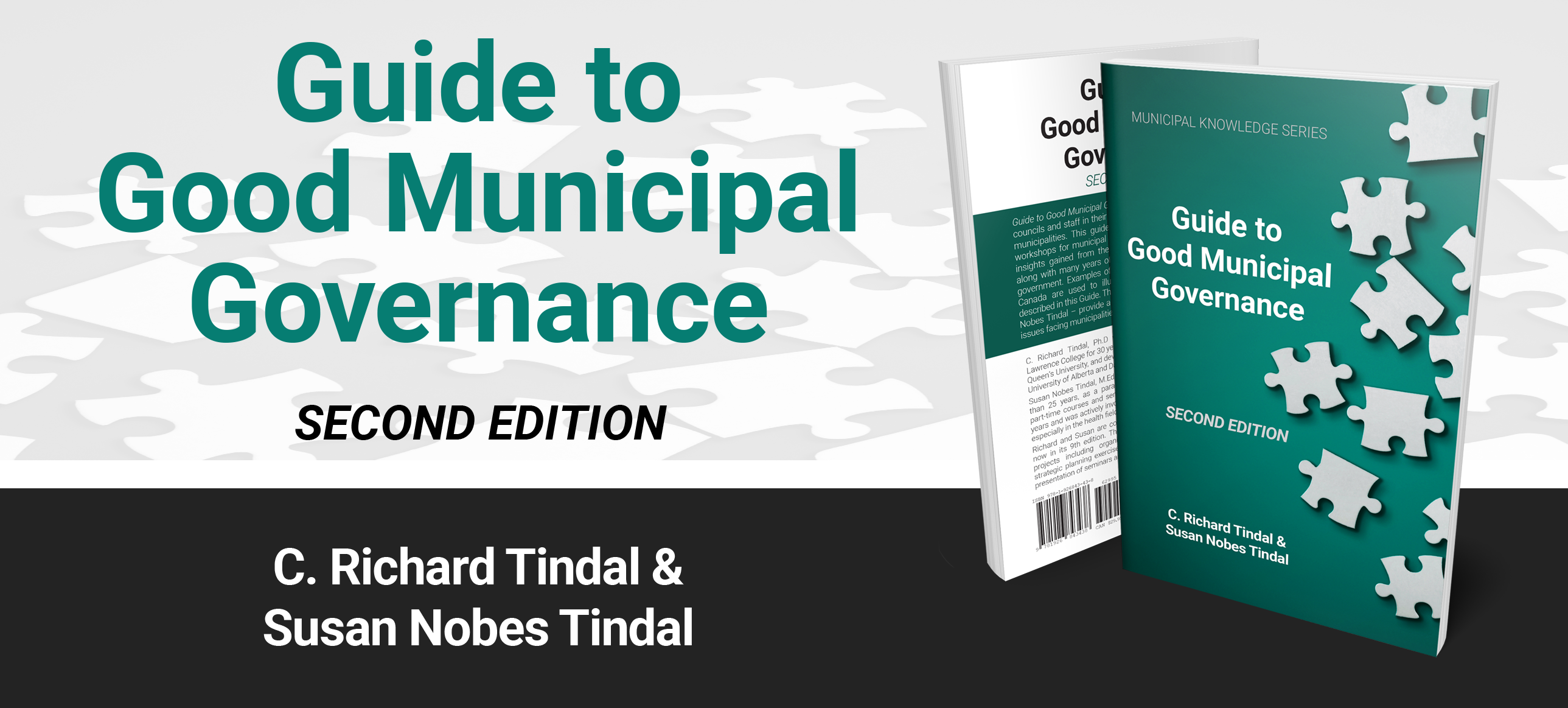Whose agenda is it, anyway?

An agenda is described as “an itinerary for action.” It sets out what issues are to be discussed, and in what order of priority. In some cases, the agenda may also define how much time is to be spent on each item; the recommended action; and the actual recommended motion (and the sponsors of the motion).
In the course of a year, very little of any importance happens outside the agendas of council meetings. On these agendas are listed the approval of minutes, new or revised by-laws, motions, and policies. Most agendas also include items for information and general correspondence.
Governance Process
So, what goes off the rails? The list is endless! The following paraphrased comments reflect those which I have heard both recently and over the years:
- How can I get the concerns that I heard during the election onto the agenda of council so we can at least discuss them?
- Why are we always struggling against time deadlines?
- Why are the important issues addressed at the end of a meeting, when we have the least degree of energy and are the most conscious about time?
- Where do these issues go after a meeting? How can we be assured that these are given high priority?
- Why do we seem to have sufficient time for non-public issues, but are rushed in hearing submissions by the public?
- Who put this agenda together in the first place?
The following questions are meant only to encourage each reader to ask questions of their own processes as a first step in determining whether or not the municipality is well-served by its current governance processes.
Process
How is the agenda constructed? Is the mayor or a select group of council members involved in this process, or is it totally determined by the administration? If the latter is so, why is it called “Council’s Agenda”?
Procedure
What rules determine the order of proceedings? When were these last reviewed? By what criteria were the rules assessed? Do our rules of procedure enable our council to tackle the issues in a timely and thoughtful fashion?
Public involvement
If the main focus of any council is supposedly on the people being served, how does our agenda reflect our attentiveness to the needs and concerns of the public? Are we providing sufficient forums for the public to be involved and to express their concerns?
Start at the Beginning
All too often a council feels constrained by its own governance processes without asking whether or not anything can be done to address the perceived shortcomings. Further, the ability of a council to function effectively is often directly related to the efficacy of its own processes. And yet, seldom are the central questions asked.
Do you want to improve your governance processes and your ability as a council to make a difference? Start at the beginning … examine your governance processes. MW
✯ Municipal World Insider and Executive Members: The original version of this article was published in Municipal World, January 2004. You might also be interested in George Cuff’s other article: What should a councillor ask? Note that you can now access the complete collection of past articles (and more) from your membership dashboard.
George B. Cuff, FCMC, our governance zone expert, has been involved in local government in one way or another since 1970. He has been a recreation and youth specialist, a department head, a mayor for 12 years, and a consultant/advisor to municipalities since 1976. He is the author of eight books on local government policy governance. His latest book is Leading: The Real Value of a Mayor and Council and he has also written hundreds of articles and columns in Municipal World since 1984.
Related resource materials:



